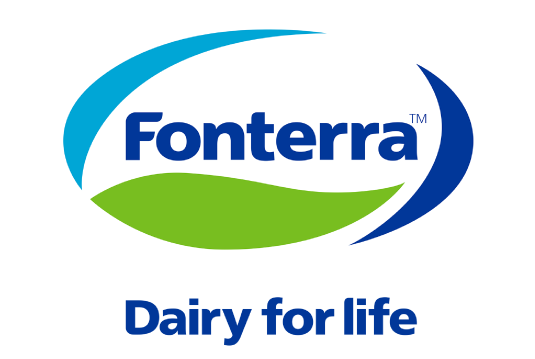Turning poo into power
How a pioneering farmer in Southland turned his idea of generating electricity from effluent into reality.
Thirteen years ago Fonterra farmer and Director of Fortuna Group, David Dodunski, had an idea.
Was it possible to harness the energy (gas) being generated by their farm effluent ponds? Or in other words, could they turn poo into power?
“Back then we were having issues with odour coming off the ponds and it got me thinking, could we somehow capture the gas and turn it into electricity?” says David.
The idea to turn methane into electricity wasn’t new – the technology was already being used overseas. But as far as David was aware no one in New Zealand had tried it on farm, and at the time there was little local knowledge on how to go about it. He mulled over the idea until 2007, when a chance to turn his idea into reality presented itself.
David and his wife Kay took out the Southland region supreme title in the Ballance Farm Environment awards and with it came the opportunity to apply for a scholarship aimed at enhancing New Zealand’s environment.
David applied with the idea of bringing the methane recovery technology back to New Zealand and, with a little bit of kiwi ingenuity, adapting it for the farm. His application was unsuccessful — the judges couldn’t get their head around how on earth it could work in New Zealand. But rather than giving up, it spurred him into action.
David enlisted the help of agricultural and engineering consultant John Scandrett, and together they set out to turn David’s idea into reality.
I think it’s really cool that we can power farm vehicles from poo. The beauty of the electric bike is that its 58kgs instead of the usual 130kg so it’s easier and safer for our workers to handle.
Like all pioneers, they faced numerous challenges. For example, they purchased a generator only to find they had to rebuild it from scratch, and they had to figure out a new way to clean the cow shed as the cleaning products were affecting the amount of gas generated from the pond. But David and John’s perseverance has finally paid off.
This year they celebrated the official opening of the methane recovery system at Glenarlea Farm in Otautau, Southland. The farm has been converting methane gas into electricity and hot water for the dairy shed since November 2016.
Waste from the dairy shed goes into a sand trap then a pump sump (storage tank) before it ends up in the effluent pond. The methane is captured by a large bladder placed over the pond, and is then piped to a point where it is compressed and passed through a generator to make electricity and hot water.
Glenarlea Farm milks about 900 cows, and the system, which runs 16 hours a day, provides 30kW of electrical power and 60kW of hot water per hour, enough for the majority of the farm’s energy needs.
Operations Manager Pete Bruce says at full capacity the methane generator could produce enough electricity to run the shed stand-alone. It’s also generating far more hot water than the farm can use.
“We are currently using the hot water to clean the cow shed, but we are also looking at other options such as hydroponics, refrigeration, and a heat pad for cows. The options are limitless — we’ve even invested in two electric motorbikes,” says Pete.
“I think it’s really cool that we can power farm vehicles from poo. The beauty of the electric bike is that its 58kgs instead of the usual 130kg so it’s easier and safer for our workers to handle.”
John Scandrett is now looking to commercialise the technology, lowering set up costs so it’s affordable for farmers across the country.
David Dodunski has long been a pioneer when it comes to sustainable farming practices.
“We were probably one of the first in New Zealand to do deferred irrigation through the Dairy Green Project and one of the first to build a weeping wall to capture dairy effluent,” says David.
“We’ve done extensive riparian planting for many years, put in a number of nutrient sinks and put three Fortuna Group farm blocks into the Queen Elizabeth II Trust, which protects special places on private land for the benefit of present and future generations.”
Looking to the future and how technology could be used to drive productivity and environmental sustainability on farm, David says “The biggest barrier is our imagination.”

